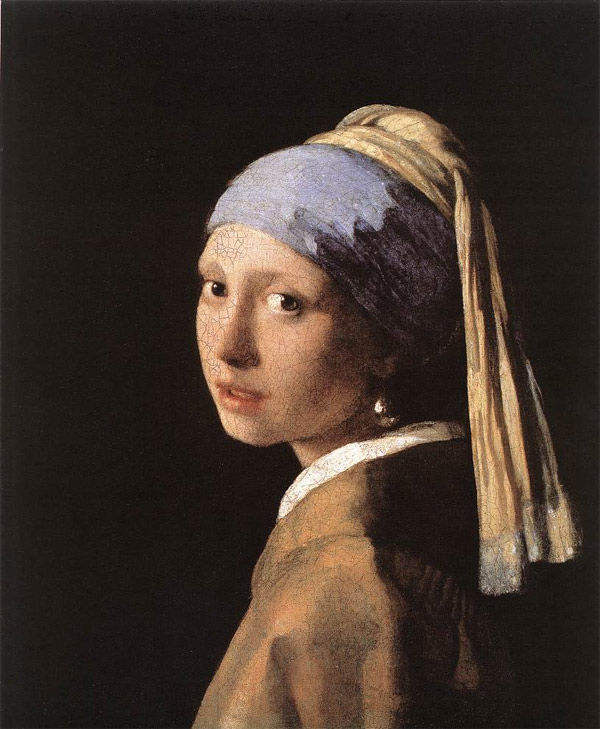The Christian revolution
Women
In Christian society, women are awarded equal rights as men since they possess souls which are not subject to genders or castes. Their place in society enfolds their being as women and is entrusted the tasks of women. Thus there remains a difference in nature while they acquire an equality at a supernatural level. In the cycle of the Redemption, after Christ, the highest human creature raised to the confines of the divine, is a woman: Mary, with whom humanity offered the most elevated cooperation in the work of the divine.
Igino Giordani, The social message of Jesus, New City, Rome, (1934) 1966, p.214-215.)
Jesus and women
Though extremely reserved with women, Jesus was always kind to them even if they were possessed by demons, or were adulterers. He did not find them repugnant, like the Pharisees who looked down on the women of the non-pharisaic Israelites and did not refrain from dealing with them, like the disciples («they were surprised in seeing Jesus speak to a woman» John. 4,27); he never used harsh words on any woman, while he articulated many with regard to the men who presumed to be masters and lords. He did not recognize social and caste differences, and thus exhorted even a Cananaean woman; he saw souls and wanted to win them over. The adulterers who approached him were redeemed, and went down on the list of saints.
He made the first revelation of the spirituality of his kingdom to a Samaritan woman who was a concubine, and after asking her to give him a drink, traced the highest concepts of the life of the spirit. He healed other women and attended to them even on the Sabbath,
He resuscitated the daughter of Jairus, and with affection cried out: «Talita qumi»; he called the woman suffering from hemorrhage, “daughter,” and set the humble widow’s offering as an example, in contrast with the “many rich men” who threw eye-catching offerings in the Temple. He always regarded in women their immortal soul, worthy of immense reverence.
Igino Giordani, The social message of Jesus, cit., p.215.
The Christian and women
Like Adam, the Christian goes back to seeing in woman, his companion, given to him by God, and who is worthy of veneration and love: he sees her soul, and regards her as a sister, mother, and spouse. Woman is granted this dignity, and rises on a pedestal of “command” – a real lady – from which she supports the sentiment of man with a gentle authority, becoming his inspiring muse, and compensating his fatigue with her affection which is not blemished by the vices of the body. She thus appears with a beauty that does not wither, because it is the reflection of a soul that cannot die.
Igino Giordani, Sign of contradiction, Morcelliana, Brescia, 1933, p.222-223.
Mary a woman of the people
The pioneers of ordinary revolutions are solitary masters… usually males. The pioneers of the Christian devolution are prophets, the most typical of which were Abraham, Moses, David, Elias, Isaiahs, Jeremias, John the Baptist… but in the circle of the Gospel, the person who emerges is a woman, Mary; and she is a woman of the people, humble, poor and unlearned. She must have been fifteen when in the atrium of a modest house, she launched the announcement of the radical transformation of the world. Mary stamped on the programme of changes – the Magnificat – a note of beauty and likewise power, simplicity and also precision. In her programme, power is without arrogance; the punishment of exploiters is free from grudge, and without the tools of revenge. And she announces a clear-cut religious reintegration, that includes in worship, also bread, and in honour of God that of service to man, and makes economy and sociology sacred.
Igino Giordani, the Christian Revolution, New City, Rome, 1969, p. 105.




